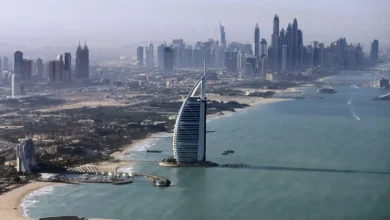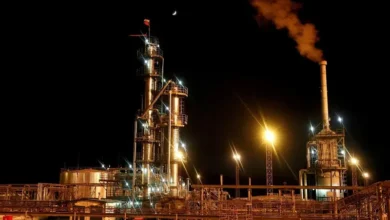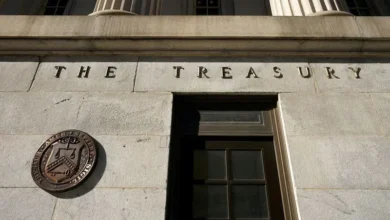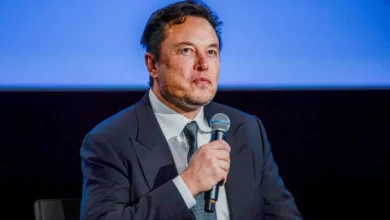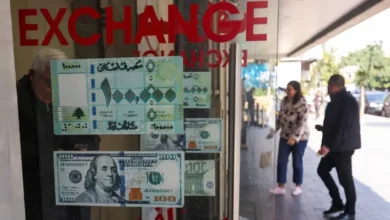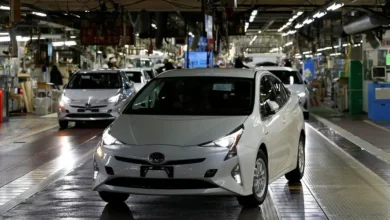Former Russian PM Kasyanov: ‘Putin’s regime’ can’t survive any oil price
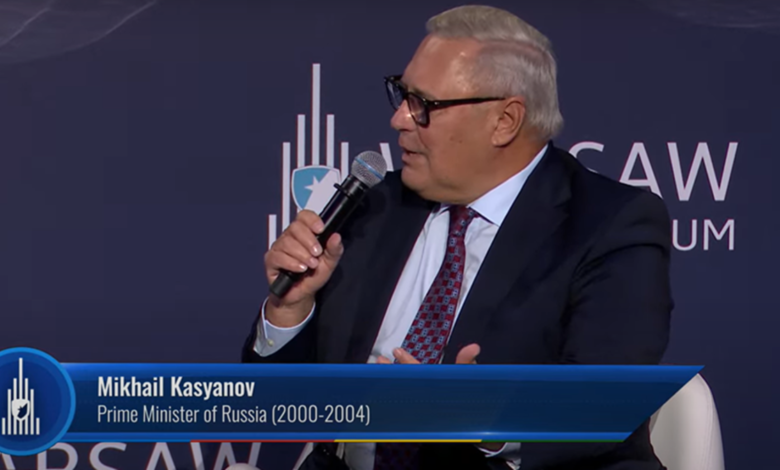
Former Russian Prime Minister Mikhail Kasyanov challenged statements made by Russian Deputy Prime Minister Alexander Novak on Russia being able to survive through any oil price.
In an exclusive interview on Saturday, Novak told Al Arabiya News that Russia’s economy was growing despite lower oil revenues and the ongoing conflict in the Middle East.
“We can live through any price,” the deputy prime minister said.
In a discussion on Tuesday, Kasyanov said that Novak couldn’t make any comments other than assuring that Russia’s economy is strong.
“I think he’s right that Russia can exist with any oil price, but not Putin’s regime,” Kasyanov said referring to Russian President Vladimir Putin. “That’s a completely different story. And this vice Prime minister…he simply lives in the totalitarian regime. He cannot say anything [that is contrary] to the major position of the president.”
Kasyanov, who served as a prime minister of Russia from 2000 to 2004, said that “the aspect of oil prices is crucial” to the Russian budget as well as to Moscow’s “financial stability.”
He noted that Russia’s focus on military expenditure to keep the conflict in Ukraine ongoing can eventually exhaust it.
“If two factors work simultaneously: The necessity to increase further military expenditure and the decrease of revenue coming into just like for the price of $40 per barrel, it means…that by the end of 2025, they [will] have no resources, no external funding, no internal funding for deficit. And the budgetary result will exhaust.”
Novak said that Russia’s “economy grew by more than 3 percent,” saying that it was “more than the average in the world, more than Europe, than the US.”
Kasyanov, however, said what matters is the “quality” of this growth.
“The quality of this growth [is] military-[focused]. You produce tanks today [but] tomorrow [they] disappear. It’s nothing for the economy.”


